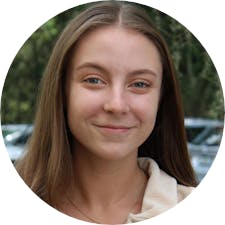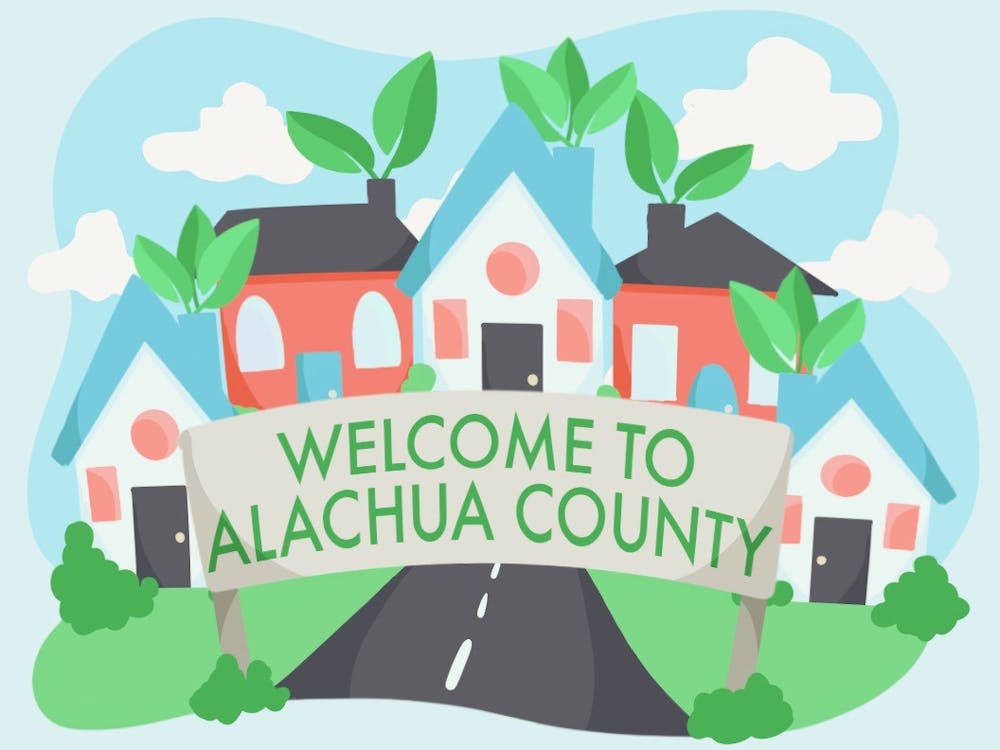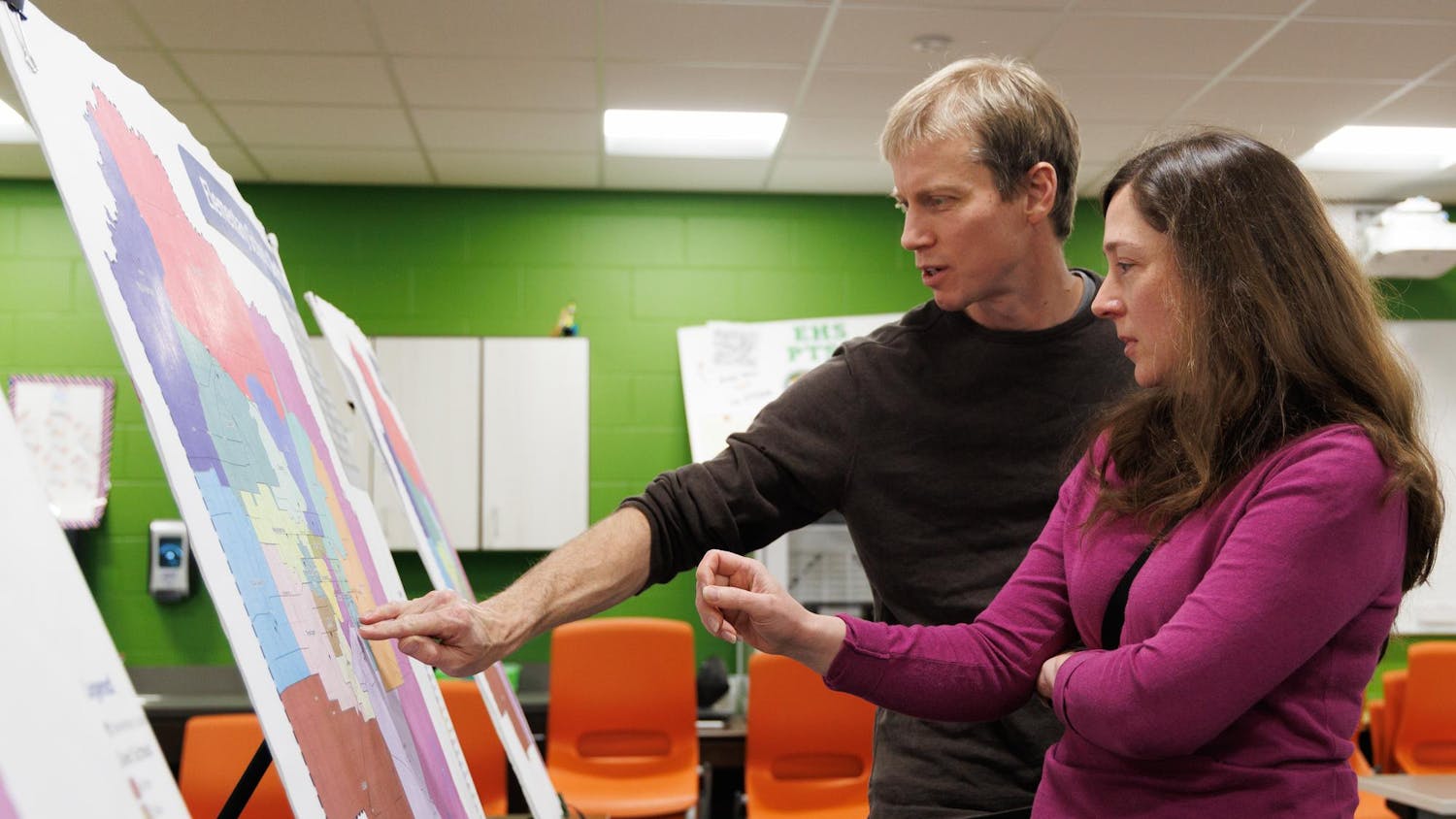Alachua county was chosen to participate in the US Department of Energy’s Communities Local Energy Action Program at the end of March — a huge leap in the direction of equitable sustainability.
The county is one of 22 participating communities and the only Florida recipient to participate in the program, which aims to help low-income and energy-burdened communities experiencing environmental justice or economic impacts.
The DOE initiative provides technical assistance to develop community action plans that help reduce air pollution, increase energy resilience, lower utility costs and eventually move to clean energy development, according to a news release from April 4. While organization leads aren’t certain what technical assistance yet means, they hope it will allow them to address infrastructure issues in select communities.
Local organizations like the NAACP Environmental and Climate Justice Committee, the county, Gainesville Regional Utilities, Gainesville Community Reinvestment Area and the Community Weatherization Coalition/Rebuilding Together North Central Florida will collaborate for the partnership.
The partnership targets the Greater Duval Neighborhood, a historically Black Gainesville neighborhood, and the Southwest Advocacy Group, a cluster of low-income housing blocks outside of Gainesville.
These neighborhoods were identified by the DOE as being disadvantaged communities, said Marianne Schmink, advisory board president of the Community Weatherization Coalition, which focuses on helping communities save energy and reduce utility bills.
An inequitable energy burden exists in the community.
A 2017 study showed that low income people pay four times as much as what the whole population pays for their utility bills, Schmink said. Disadvantaged communities have old homes and poor infrastructure. The power grids are vulnerable and easily knocked out during large storms. These homes must be brought to the point where they are no longer losing energy by replacing things like appliances or windows.
The partnered organizations want to make disadvantaged communities the focus of this grant, which is not monetary but will provide technical assistance.
“We would really focus on making sure that their needs are being met and that they have a voice in planning going forward for the transition to clean energy.” Schmink said.
Nkwanda Jah, NAACP ECJC chair, said last fall the ECJC put together a countywide discussion on steps to move toward 100% clean energy.
“Doing that we found that there were some preliminary measures that needed to be taken care of,” she said. “We need to make sure that equity was a part of our total conversation,”
Eventually, with updated infrastructure, these communities can transfer to clean energy like solar power, she said. However, there are still questions on how these organizations can make sure this change happens.
“This grant is going to allow us to find answers to those questions, and to put together a proposal to implement those goals and findings,” she said.
A fundamental part of the partnership will be community engagement. Representatives from across the county plan on attending neighborhood meetings to talk about the grant and what it could mean to the neighborhoods, Jah said.
“When we’re looking for information about homes we don’t want someone who doesn’t live in the homes that need it to be involved,” she said. “We want the people living there to give us their input.”
This inequitable energy burden is deeper than most people recognize, said Carla Lewis, a Duval neighborhood organizer and GRU board member. The infrastructure of homes in these disadvantaged neighborhoods are compromised.
Lewis pointed out old plumbing and single pane windows as part of the problem. Additionally, many homes need new roofs to support solar panels.
“A lot of us still have those old galvanized steel pipes,” Lewis said. “So a lot of our water is leaking out into the world.”
Along with outdated infrastructure, Lewis pointed out the culture of many Black households.
“What you find is multi-generational homes… with six, seven people that live in the house,” she said. “Everybody has to take a shower. We need two big freezers. And we’re still in an old house.”
Lewis feels weary of the program as these infrastructure updates will be expensive — out of the range of what many homeowners or residents can afford themselves. She also felt confused about community engagement because, as an active community member and leader, she hadn’t been told about the Communities LEAP partnership.
“We’ve been chosen for this great work,” she said. “The community members and leadership don’t know anything. Nobody came to talk to us preliminarily before they even applied for technical assistance.”
She hopes to learn more as it pans out, she said.
Jah; however, feels that the county is moving in the right direction. She’s been in this work for over 30 years and hasn’t seen much environmental discussion geared towards the Black community.
“This is the first time that we’ve stepped that up,” she said.
The grant, Jah said, has a lot of potential for moving forward reducing utility costs for income challenged in the community.
“Myself along with my committee and the community are still learning so much,” she said. “Hopefully we’ll figure out together how to continue to move forward and always move forward from an equitable perspective, meaning that the people who need it the most are the people who get it first.”
Contact Lucille Lannigan llannigan@alligator.org. Follow her on twitter @LucilleLannigan.

Lucy is a senior journalism major and the metro editor for The Alligator. She has previously served as a news assistant and the East Gainesville reporter for the metro desk as well as the health and environment reporter on the university desk. When she’s not doing journalism you can find her painting or spending time outside.






